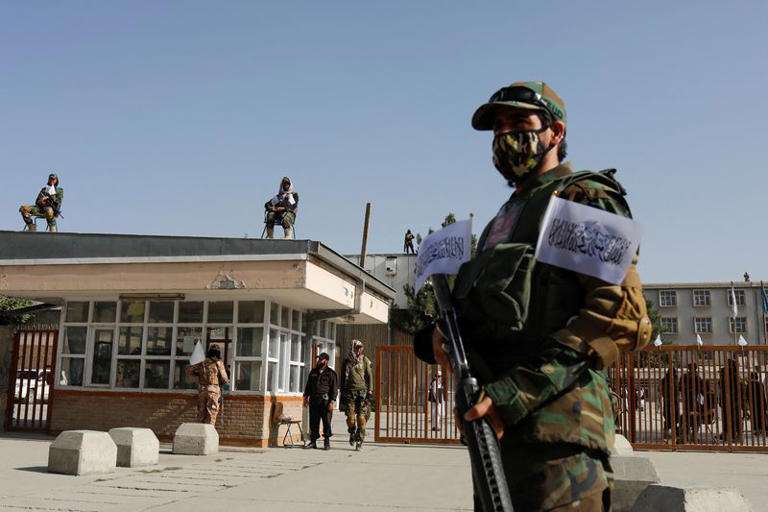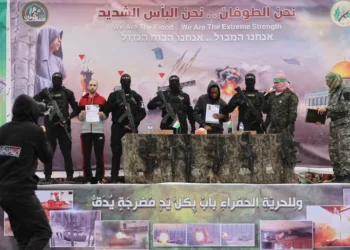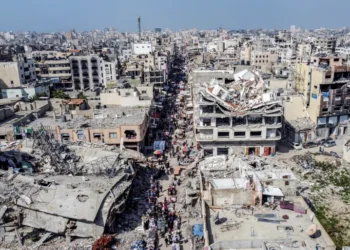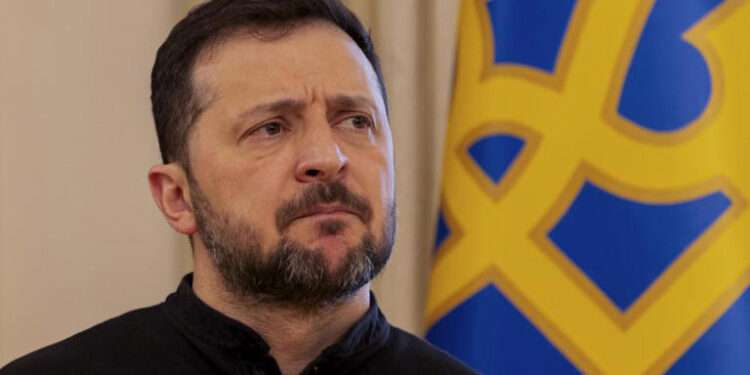According to a report issued on Wednesday, September 20, 2023, the U.N. Assistance Mission in Afghanistan (UNAMA) has recorded more than 1,600 cases of human rights violations committed by authorities in Afghanistan during arrests and detentions of people.
The report by UNAMA’s Human Rights Service covered 19 months; from January 2022 until the end of July 2023, with cases documented across 29 of Afghanistan’s 34 provinces.
It noted that 11% of the cases involved women.
Nearly 50% of the violations consisted of “torture and other cruel, inhuman and degrading treatment,” UNAMA disclosed.
“In attempts to extract confessions or other information, detainees were subjected to severe pain and suffering, through physical beatings, electric shocks, asphyxiation, stress positions and forced ingestion of water, as well as blind-folding and threats.”
U.N. Assistance Mission in Afghanistan
The report emphasized the urgent need for the professionalisation of the de facto security and prison authorities in a number of areas, including their capacity to conduct investigations.
In the report, the U.N. High Commissioner for Human Rights, Volker Türk, noted, “The personal accounts of beatings, electric shocks, water torture, and numerous other forms of cruel and degrading treatment, along with threats made against individuals and their families, are harrowing.”
“This report suggests that torture is also used as a tool — in lieu of effective investigations. I urge all concerned de facto authorities to put in place concrete measures to halt these abuses and hold perpetrators accountable.
“The prevalence of torture, coupled with the systemic violation of procedural safeguards in custody, such as lack of access to lawyers, must be comprehensively addressed by the de facto authorities.”
Volker Türk
The U.N. mission uses the term “de facto authorities” for the Taliban government.
Meanwhile, UNAMA stated that it believes that ill-treatment of individuals in custody is widely underreported and that the figures in the report represent only a snapshot of violations of people in detention across Afghanistan.
UNAMA Urges Taliban Leaders To Protect Detainees’ Rights
More importantly, the UN mission urged the Taliban government to stop torture and protect the rights of detainees.
“The de facto authorities must take steps to establish a stronger legal aid framework, and address blockages in the criminal justice process caused by high volumes of arbitrary arrests with no effective judicial oversight,” the report noted.
It added that arbitrary and prolonged detention of individuals pending the completion of investigations exposes detainees to increased risk of abuse.
Nonetheless, the report acknowledges some steps taken by government agencies to monitor places of detention and investigate allegations of abuse.
Roza Otunbayeva, the U.N. Secretary-General’s Special Representative for Afghanistan and Head of the mission, said, “Although there have been some encouraging signs in terms of leadership directives as well as an openness among many de facto officials to engage constructively with UNAMA, and allow visits to prisons, these documented cases highlight the need for urgent, accelerated action by all.”
“There is a pressing need to consider more engagement with the de facto authorities to end these practices, and I hope the report and its recommendations are seized upon as a matter of priority. We remain committed to the people of Afghanistan and our efforts to maintain constructive engagement, with impartiality and in good faith.”
Roza Otunbayeva
In a response that was included in the report, the Taliban-led Foreign Ministry said government agencies have taken steps to improve the human rights situation of detainees, and that Islamic law, or Shariah, prohibits torture.
It also questioned some of the report’s data. The Ministry of Interior said it has identified only 21 cases of human rights violations.
The Taliban pledged a more moderate rule than during their previous period in power in the 1990s.
However, they have imposed harsh measures since seizing Afghanistan in mid-August 2021.
READ ALSO: Zelenska Calls For The Return Of Ukrainian Children





















